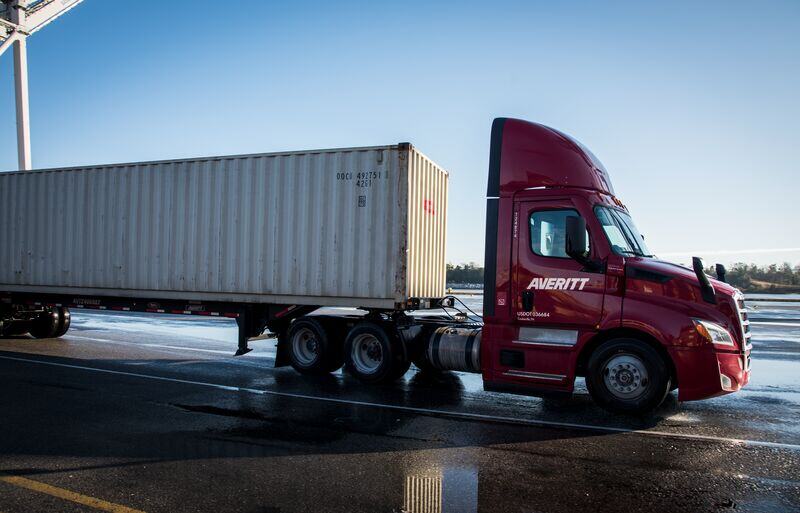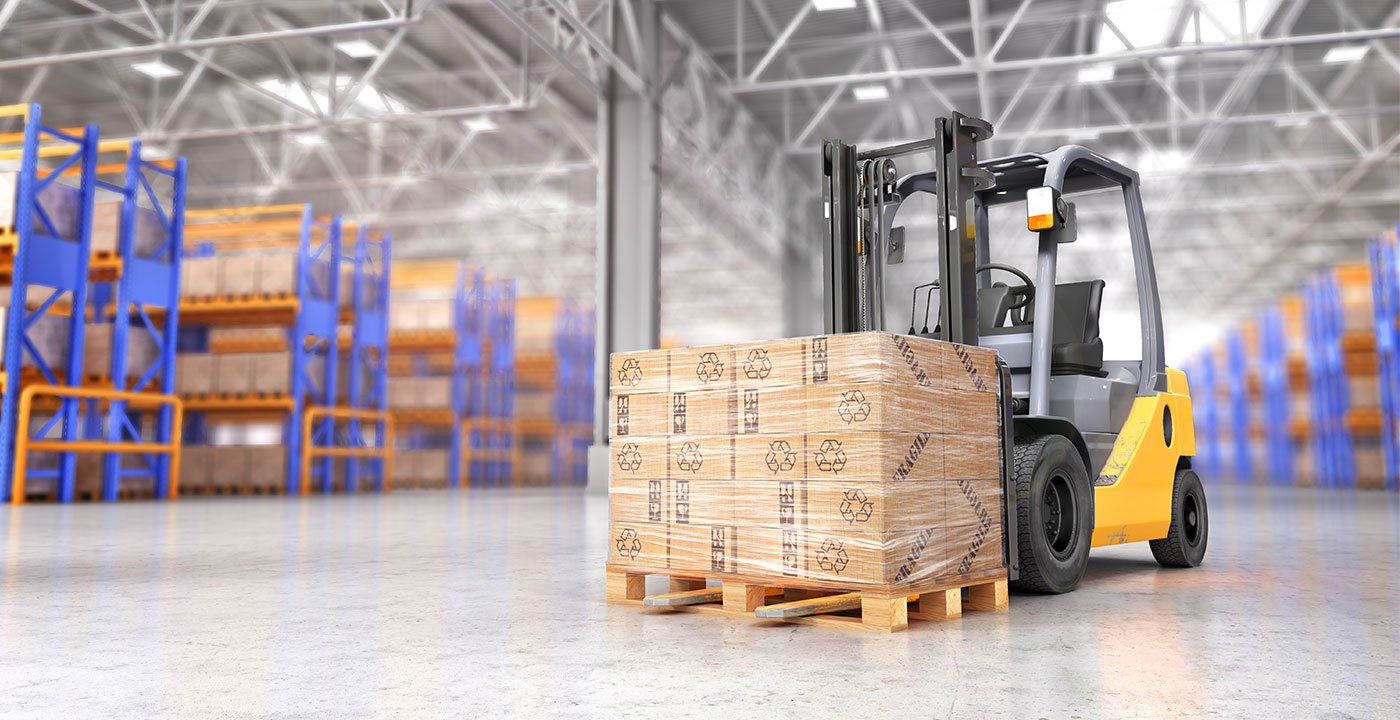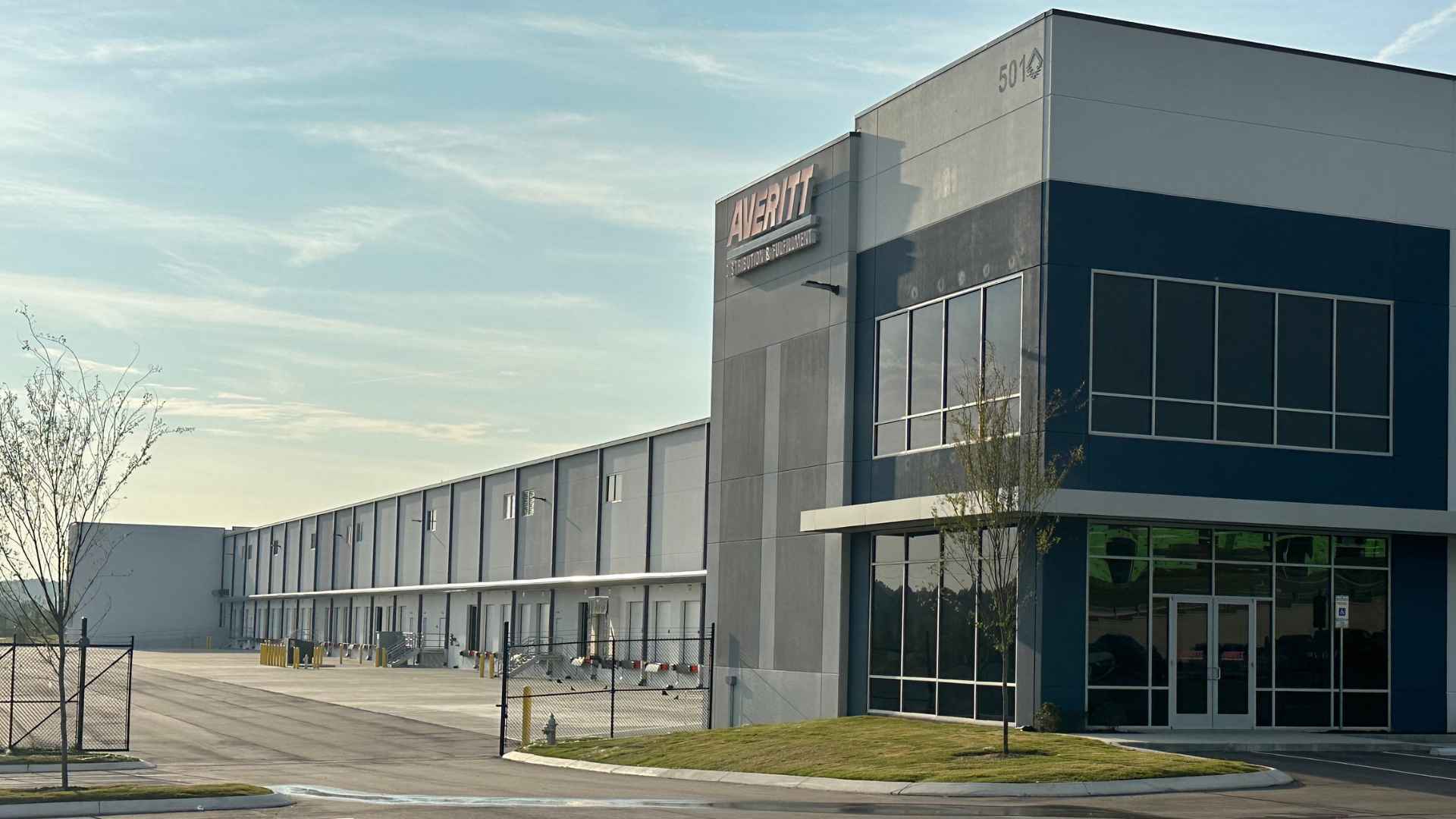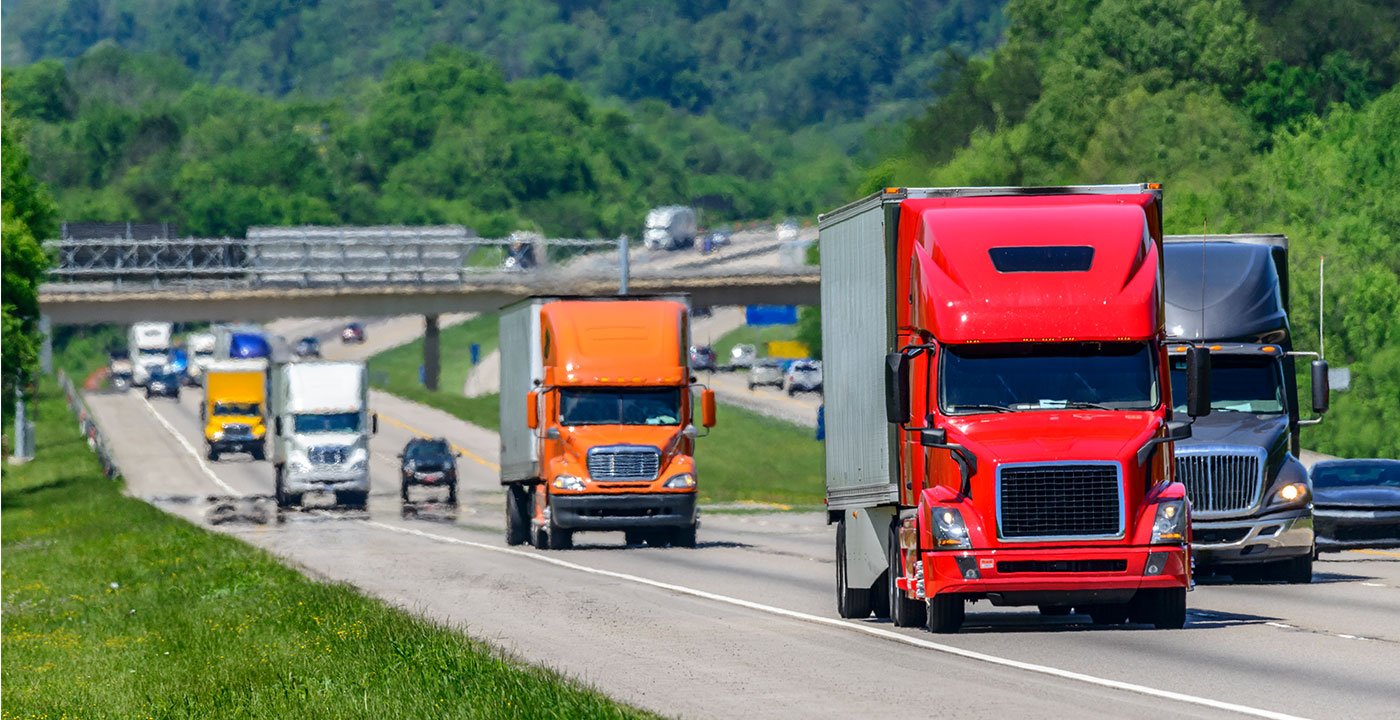The meteoric rise in e-commerce over the last several years has led to unprecedented retail sales. Unfortunately, it has also led to an unprecedented number of returns. It’s estimated that 30% of online orders are returned, as opposed to just under 9% for goods purchased from a brick & mortar retailer. Tracking these aftermarket activities can provide insight into your overall logistics management. Which is why shippers and suppliers alike need a sound reverse logistics plan.
3 min read
Why Reverse Logistics Matter to Your Supply Chain Success
By Point To Point on November, 23 2021
Topics: Retail Freight Handling
5 min read
Transportation Management Systems: Simplify Your Shipping Efforts
By Point To Point on November, 23 2021
The term ‘Transportation Management System’ has become increasingly common in the logistics industry as companies look for ways to remain competitive in a rapidly changing marketplace.
Topics: Freight Handling
5 min read
Cross-Docking: Saving Time & Money For Shippers
By Point To Point on March, 24 2021
When it comes to volume shipments, distribution can become complex. From managing multiple pickup and delivery points across less-than-truckload and truckload operations, finding ways to increase efficiency and reduce overall costs is an achievable goal. Utilizing cross-docking services is a prime example of how shippers can find ways to save time, money, and paperwork.
Topics: Freight Handling
4 min read
Freight Consolidation: The Benefits and Drawbacks
By Point To Point on February, 27 2020
As demand has risen in both brick-and-mortar and e-commerce supply chains, shippers have been faced with a challenge. Smaller and more frequent orders mean shorter lead times and less product to fill a truck. That forces consumer packaged goods (CPG) shippers to use less-than-truckload services more often.
Topics: Freight Handling
6 min read
The Role & Importance of White Glove Services
By Point To Point on January, 7 2020
For a logistics or delivery company to claim that they offer “unmatched care” when it comes to handling shipments is nothing new. There is, however, a service that takes this concept even further – white glove service.
Topics: Freight Handling
8 min read
5 Tips For Properly Packaging LTL Shipments
By Point To Point on May, 15 2019
The LTL shipping industry is busier than ever. As a result, space within trucks is also tighter than ever before. This places added responsibility on the shoulders of shippers and carriers to ensure that each shipment is packaged as safely and efficiently as possible.
Topics: Freight Handling
3 min read
5 Tips For a Successful Residential Delivery
By Point To Point on April, 17 2019
The demand for final mile delivery and white glove delivery services is rapidly growing for large and heavy products that aren't suitable for parcel shipping. These types of residential deliveries generally require the use of two-man delivery teams. Pulling off a successful final mile delivery, however, will require planning and actions on behalf of the recipient.
Topics: Retail Freight Handling
4 min read
Warehousing and Distribution Services: Tips For Cost-Efficient Logistics
By Point To Point on February, 27 2019
Over the past several years, two important challenges have developed for supply chains. First, the growth of online shopping has increased shipping volumes and demand for quick deliveries to consumers. Secondly, the driver shortage has strained freight capacity across multiple areas of the supply chain process.
Together, these challenges have forced shippers to rethink their warehousing and distribution services strategy. This is especially true for shippers that move mid to high volumes of freight across multiple markets.
To that point, look at Amazon's warehousing and distribution services model. Marketplace shippers (and increasingly Amazon's own line of products) sell to customers throughout North America and around the globe. To keep customer prices under control, Amazon understands the value in local and regional warehousing and distribution services.
With approximately 75 fulfillment centers and 25 sortation centers in the U.S. alone, the company's supply chain is structured to reduce final mile transit times and costs. This structure allows sellers to stage inventory across multiple key markets rather than having to ship individual orders hundreds or even thousands of miles.
Well, that warehousing and distribution services strategy is great for Amazon's sellers, but what about B2B and B2C shippers that sell and move products independently? It goes without saying that most businesses lack the capital to build a supply chain infrastructure on the scale of Amazon. Nonetheless, local and regional fulfillment solutions are increasingly becoming available to shippers to meet the growing demands of today's supply chain.
Topics: Retail Freight Handling Fulfillment Warehouse
7 min read
The Rigors Of Freight In Transit [video]
By Point To Point on April, 11 2017
When your freight is tendered into the care of your driver, the carrier does all that it can to ensure that it arrives to its destination on time, on target, and intact. To succeed, there are steps that both the carrier and the shipper can take to ensure that your freight moves without unnecessary delay or damage, including: the proper completion of the bill of lading, addressing and handling labels, as well as proper packaging.

.png?width=542&height=179&name=PNG-Averitt%2055%20Years%20RED%20ODFIP%20(1).png)












